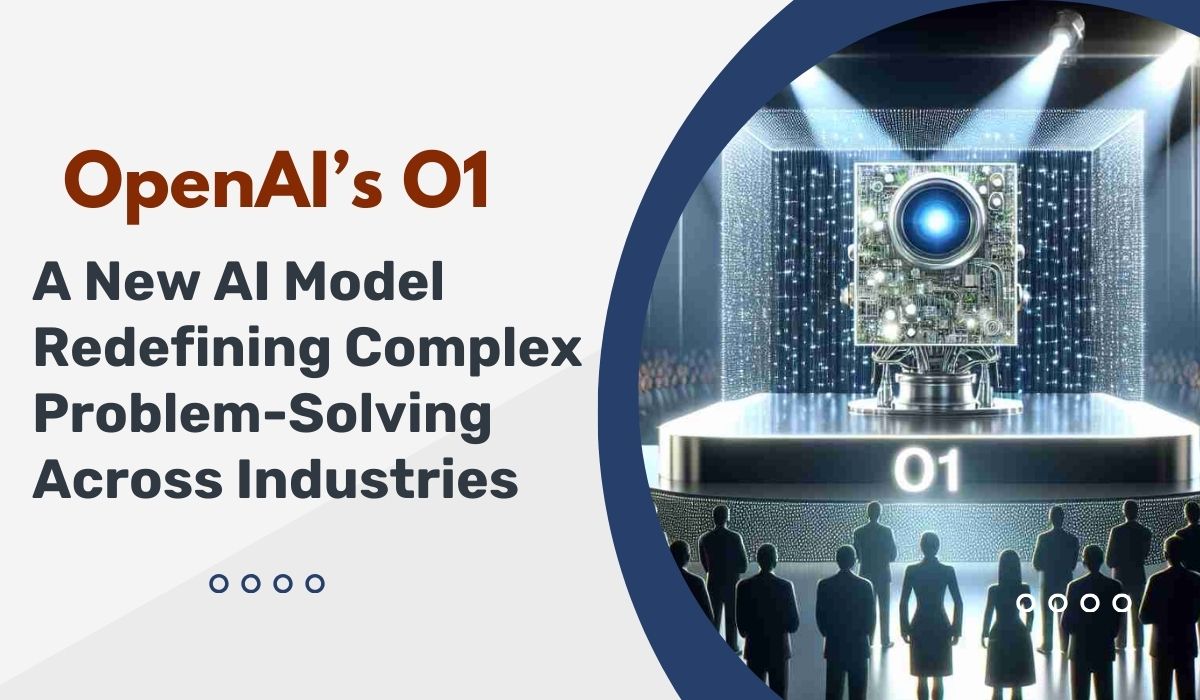
OpenAI has unveiled its latest AI innovation, the O1 model, a tool designed to tackle complex problems across a wide array of domains. This new model is the first in a series of “reasoning” AI models, aimed at revolutionizing industries such as law, healthcare, coding, and mathematics. By employing a novel training approach that integrates reinforcement learning with a “chain of thought” methodology, O1 mimics human problem-solving by breaking down tasks into smaller, manageable steps. This not only enhances its problem-solving abilities but also dramatically reduces hallucinations—a common issue in previous models like GPT-4. However, these advancements come at the cost of slower performance and higher operating expenses.
A significant focus of the O1 model is safety and ethical use, reflecting OpenAI’s commitment to responsible AI development. The model has undergone extensive testing to prevent harmful misuse, including efforts to mitigate risks associated with jailbreak attempts and the provision of harmful advice. These guardrails are particularly crucial as AI becomes more integrated into high-stakes fields such as law and medicine, where accuracy and ethical use are non-negotiable. OpenAI's stringent safety measures serve as a critical step forward in ensuring that AI's increasing capabilities are used in ways that benefit, rather than harm, society.
Since its release, O1 has garnered mixed reactions from the tech community and users on platforms such as Reddit and OpenAI’s developer forums. On one hand, many are enthusiastic about its capabilities in specialized tasks like scientific research and software development. Users have praised the model for its enhanced accuracy and thoughtful responses, particularly in technical fields.
Some concerns have been raised about the model’s slower processing speeds and higher costs, which may hinder widespread adoption, particularly for smaller businesses or industries reliant on real-time processing. Despite these concerns, the general sentiment within the industry leans toward cautious optimism, with experts acknowledging that O1 represents a significant leap forward in AI reasoning.
As AI continues to evolve, the O1 model is seen as a significant step toward achieving more human-like reasoning capabilities. Its ability to solve complex problems across multiple fields positions it as an invaluable tool for researchers, industry professionals, and academic institutions. Despite its current limitations, such as speed and cost, OpenAI’s planned introduction of O1-mini, a more accessible version, promises to make these advanced reasoning models available to a broader audience.
Looking ahead, the O1 series is poised to play a pivotal role in AI-driven innovation, especially in fields like law, healthcare, engineering, and software development. With its advanced reasoning capabilities, O1 may very well be the catalyst for breakthroughs that were once considered unimaginable.As AI development continues to accelerate, O1’s launch signifies a major shift in how artificial intelligence can be used to solve the most complex challenges across industries